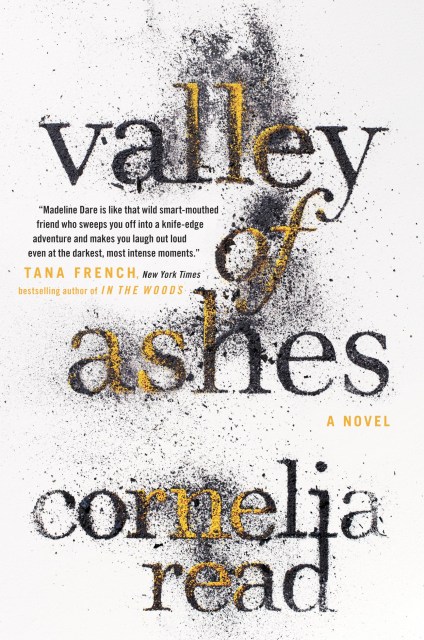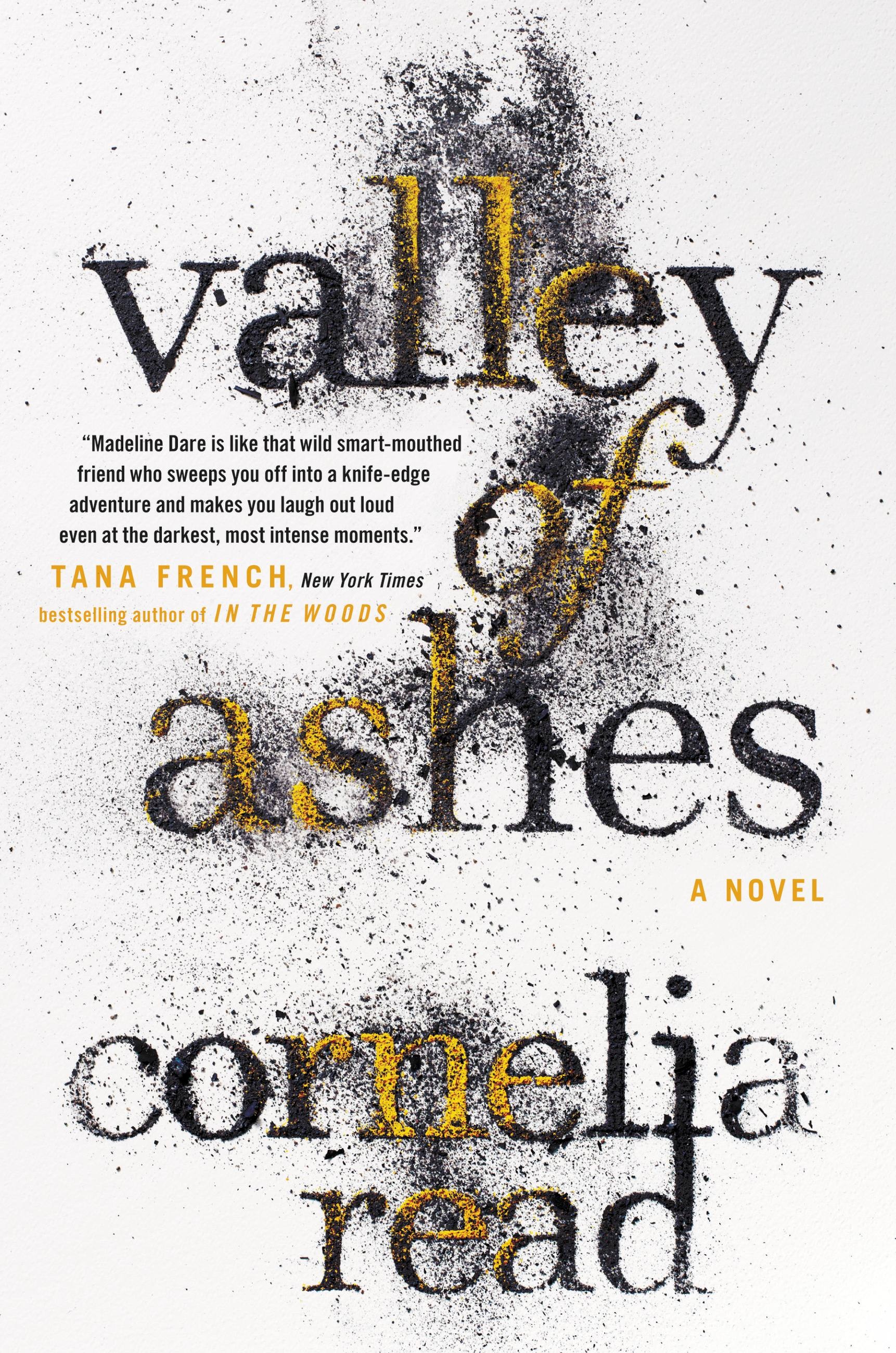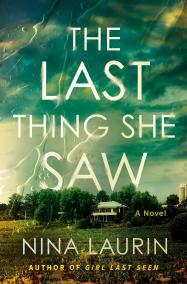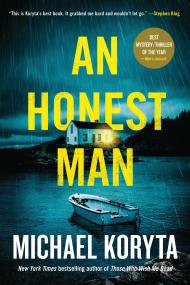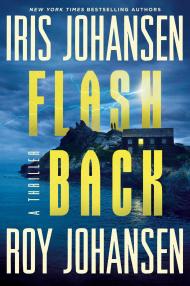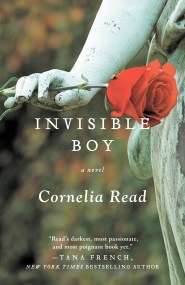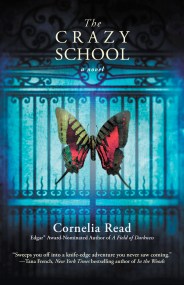Valley of Ashes
Contributors
Formats and Prices
Price
$39.00Price
$49.00 CADFormat
Format:
- Hardcover $39.00 $49.00 CAD
- ebook $13.99 $17.99 CAD
- Hardcover (Large Print) $46.00 $59.00 CAD
- Audiobook Download (Unabridged)
This item is a preorder. Your payment method will be charged immediately, and the product is expected to ship on or around August 14, 2012. This date is subject to change due to shipping delays beyond our control.
Also available from:
Madeline Dare trades New York’s gritty streets for the tree-lined avenues of Boulder, Colorado when her husband Dean lands a promising job. Madeline, now a full-time homemaker and mother to beautiful toddler twin girls, has achieved everything she thought she always wanted, but with her husband constantly on the road, she’s fighting a losing battle against the Betty Friedan riptide of suburban/maternal exhaustion, angst, and sheer loneliness. A new freelance newspaper gig helps her get her mojo back, but Boulder isn’t nearly as tranquil as it seems: there’s a serial arsonist at large in the city. As Madeline closes in on the culprit, the fires turn deadly-and the stakes tragically personal. She’ll need every ounce of strength and courage she has to keep the flames from reaching her own doorstep, threatening all she holds most dear.
Series:
-
"The sharpest humor comes with a pinch of suffering, and Madeline Dare suffers big time in Cornelia Read's new mystery about this fugitive socialite from Oyster Bay, Long Island. . . Madeline is funny when she's depressed ('I'm fat, my marriage is tanking, and I want to run away with the circus'), but the only person who appreciates her bleak humor is a friend with domestic issues of her own ('I just want to be a widow. Is that so wrong?')."Marilyn Stasio, The New York Times
-
"What makes Read's crime novels unique and difficult to pigeonhole, despite the genre's plethora of subcategories, is the fact that the action doesn't stop-and she doesn't stop writing-when the murder is solved and the criminals are apprehended. Nor is everything tied up in tidy packages after the climax, with one labeled "arson inquiry" and another called "marriage." That's not how real life works. Nor is it how satisfying fiction is supposed to work. It's definitely not how life has ever worked Dare, whose whole world takes such a kick in the head in Valley that it's hard to fathom how she'll get up again. But, as readers of the series know from experience, she most certainly will. Eloquently telling off anyone who gets in her way."Jordan Foster, CriminalElement.com
-
"[T]he main character, Madeline Dare, is so fantastic it made the novel great. . . Madeline is one tough chick. Her attitude and demeanor. . . pulled me in and kept me turning the pages. . . this is a must-have for your shelves so fans of those books can get another dose of this awesome female character . . . anyone who appreciates a strong female lead should find this a satisfying read and be hunting your shelves for the previous novels."BrodartVibe blog
-
On Invisible Boy:Tana French, New York Times-bestselling author of Broken Harbor
"Read's darkest, most passionate and most poignant book yet." -
"Read expertly evokes the New York City of the period, from the nearly palpable grime of Chelsea to disturbing undertones of racism and classism in the justice system. Equal parts toughness and vulnerability, Madeline is always a bracing heroine."Publishers Weekly (starred review)
-
"With remarkable originality, she scores again in a novel that transcends genre and leaves the reader spellbound."-Richmond Times-Dispatch
-
"I have been on the Cornelia Read bandwagon since her remarkable debut, but even my already ardent admiration didn't prepare me for the heights she could achieve as a writer. Valley of Ashes, like all the Madeline Dare books, is smart and surprising, acknowledging the cumulative power of Madeline's troubled past while daring to suggest an even more challenging future. Riveting and devastating."Laura Lippman
-
"If you haven't read Cornelia's work, you really should, and you should start with Field of Darkness. Her writing is powerful, funny, literate, intelligent, and liberally sprinkled with foul language, much in the way Cornelia herself speaks. While her books are always filled with action and mystery, the stories revolve around family, and I would think they'd resonate with anyone who's had any sort of off-beat family member, a challenging relationship, or had moments of profound happiness. Which is to say, all of us. Seriously, read these books!"Fran Fuller, Seattle Mystery Bookshop
-
On The Crazy School:New York Times Book Review
"How nice it is to hear that rebel voice again." -
"Madeline's deadpan voice, acid wit and psychological depth are the perfect counterpoint to the novel's positively Gothic plot...She's a great character, and her creator is a great storyteller. Caustic, gripping and distinctive--intelligent entertainment."Kirkus Reviews
-
On A Field of Darkness:The Boston Globe
"Sparks seem to fly off the pages of Cornelia Read's A FIELD OF DARKNESS...powered by a sensational narrator's voice...Read is a big talent." -
"Read's novel is fast-paced; once the action starts, don't even think about putting it down."Library Journal (starred review)
- On Sale
- Aug 14, 2012
- Page Count
- 368 pages
- Publisher
- Grand Central Publishing
- ISBN-13
- 9780446511360
By clicking 'Sign Up,' I acknowledge that I have read and agree to Hachette Book Group’s Privacy Policy and Terms of Use
